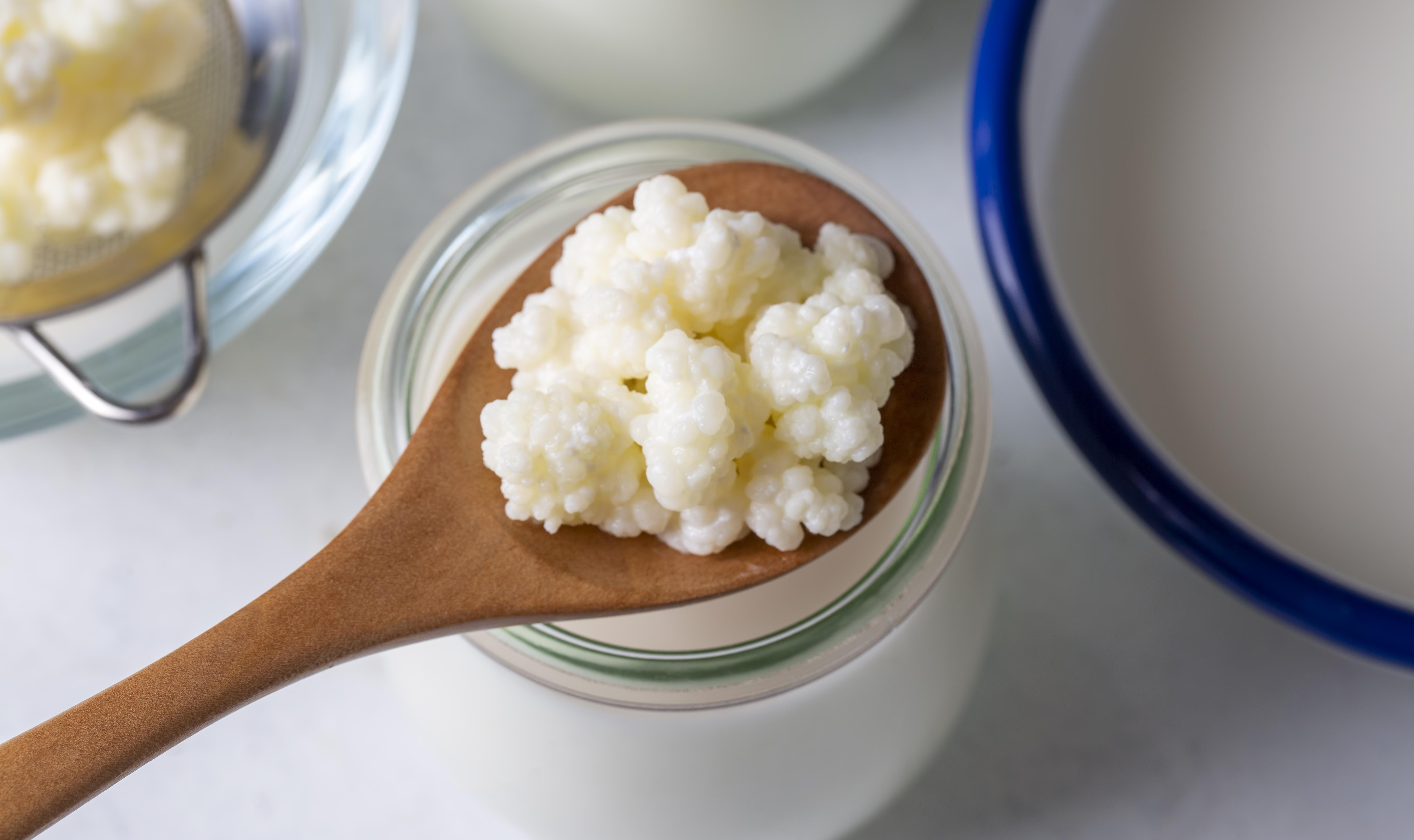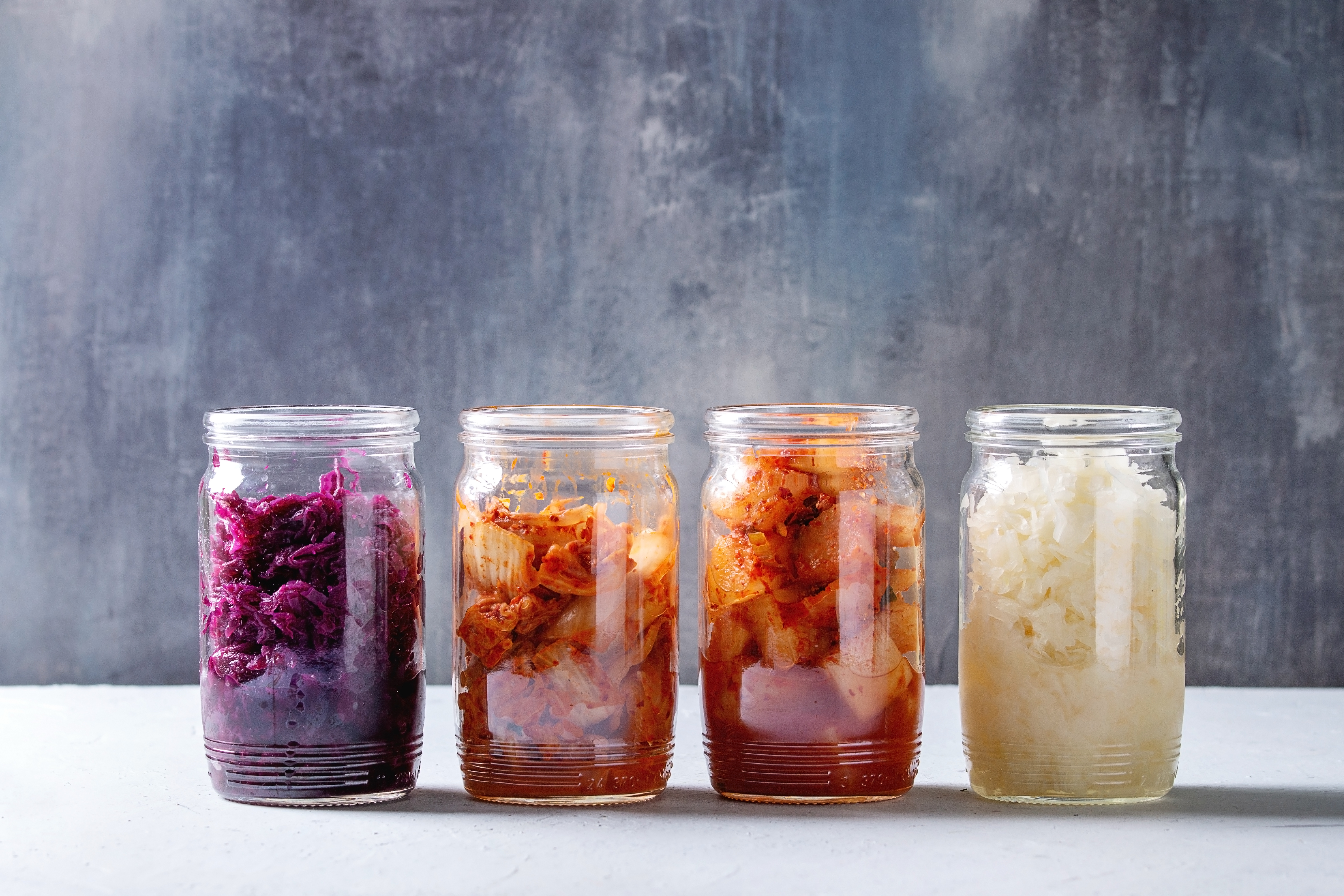13 Best Foods to Eat When You Have Digestive Issues
11. The Probiotic Power of Kefir

Kefir is a fermented dairy product packed with probiotics—live beneficial bacteria that support a healthy gut microbiome. Unlike regular yogurt, kefir contains a more diverse range of probiotic strains, including Lactobacillus and Bifidobacterium, which aid digestion and enhance nutrient absorption. These probiotics help regulate bowel movements, reduce bloating, and strengthen the intestinal lining, potentially easing conditions like irritable bowel syndrome (IBS) and leaky gut syndrome. Additionally, kefir is rich in digestive enzymes that help break down lactose, making it a gut-friendly option even for those with mild lactose intolerance. It also contains prebiotics, which nourish the good bacteria in the gut, enhancing overall digestive function. Drinking a glass of kefir daily or adding it to smoothies can be an easy and effective way to boost gut health and improve digestion.
12. The Digestive Boost of Kimchi and Sauerkraut

Kimchi (a traditional Korean fermented vegetable dish) and sauerkraut (fermented cabbage) are fermented foods rich in probiotics that support digestion and overall gut health. The fermentation process produces beneficial bacteria, such as Lactobacillus, which help maintain a balanced gut microbiome and improve the breakdown of food. These probiotics also help reduce bloating, gas, and indigestion by enhancing the body's ability to absorb nutrients. Kimchi and sauerkraut are also high in fiber, which promotes regular bowel movements and prevents constipation. Additionally, the natural organic acids in these foods support stomach acid production, aiding in the digestion of proteins and fats. Adding a small portion of kimchi or sauerkraut to your meals can provide a flavorful and probiotic-rich boost to your digestive system.
